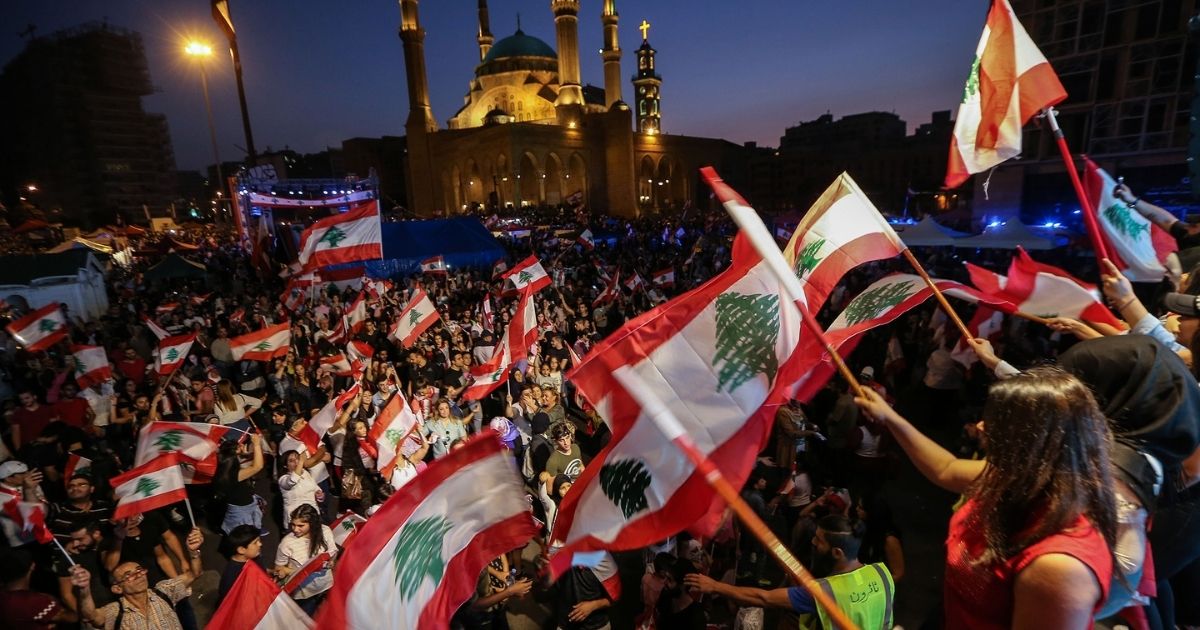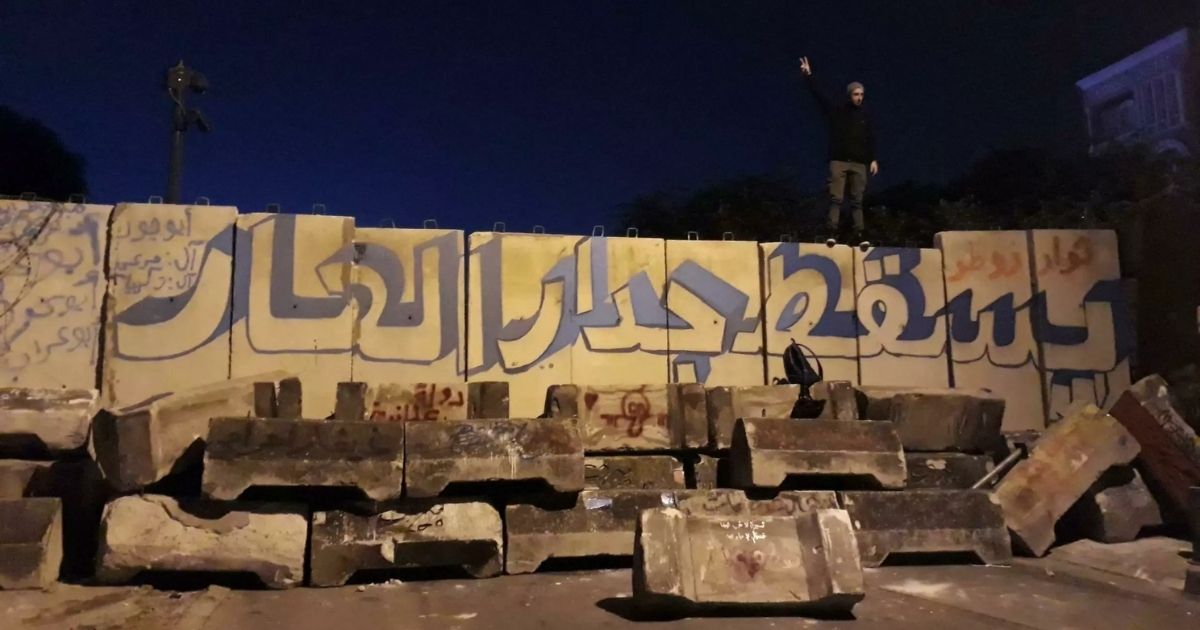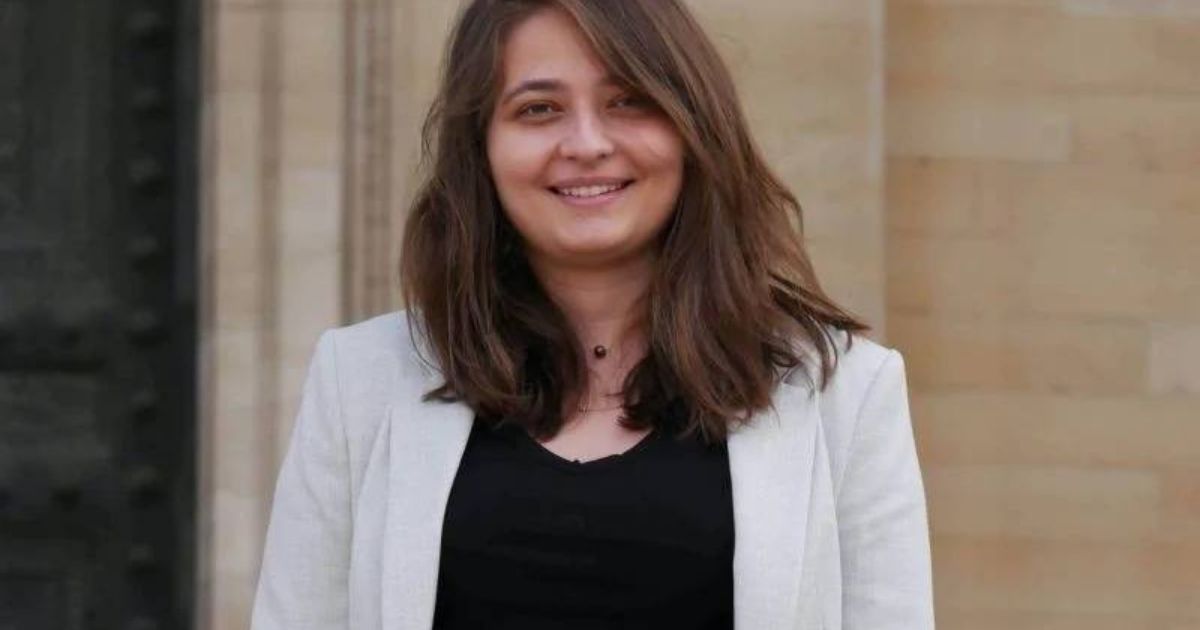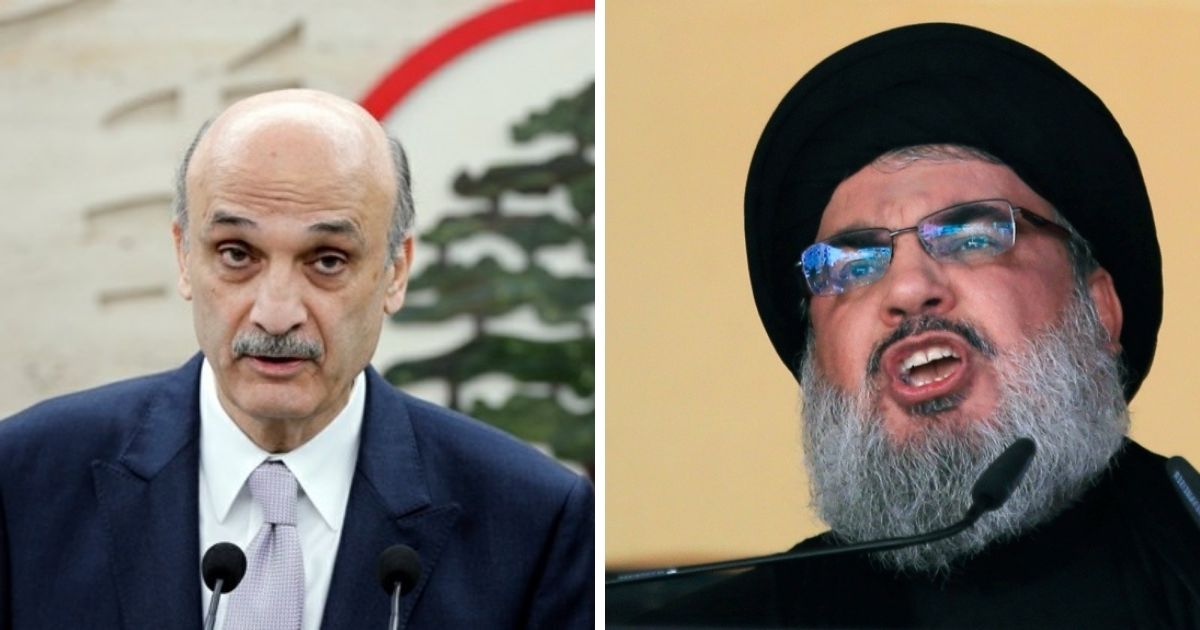Some of these lawsuits make sense, others not so much. When people get angry and act out during confrontations, like when they damage public properties, it is kind of understandable. But this is not always the case.
In Lebanon, those who have committed crimes against the Lebanese people are protected and free, while the ones who demand their rights as humans are considered outlaws.
Lebanese MP and member of the Free Patriotic Movement Ziad Aswad, for example, made an unfair lawsuit against nine revolutionaries about two weeks ago.
You might remember Aswad from the time his bodyguards assaulted protesters outside a restaurant in Keserwan.
In particular, the FPM assaulted the revolutionary Walid Raad, just for being from Tripoli.
Aswad’s bodyguards reportedly tricked Tripoli’s revolutionaries into coming to the restaurant where Aswad was, and assaulted them upon their arrival, beating them up and destroying their cars.
The incident triggered a national outrage against that act of sectarianism and discrimination. It also brought the people of Kesserwan to protest in the street against it.
That wasn’t the only action that followed the incident. A lawsuit was filed, surprisingly (or probably not?) by Aswad against the protesters.
The protesters sued are, as listed in the lawsuit, Habib Najm, Alain Waked, Wajdi el-Arja, Rabih El-Zain, Carlos Zogheib, Ghassan Boustani, Michel Boustani, Charbel Zogheyb, and Roger Akiki.

Ziad Aswad submitted the legal complaint to the public prosecutor’s office in Mount Lebanon through his attorney Antoine Maroun Atallah, on the background that these guys harmed one of his companions and sabotaged public and private property.
Tripoli’s protesters confronted MP Jihad El-Samad a while back with these claims, and their surprise and anger were obvious. El-Samad was at a cafe when the protesters entered and talked to him, mainly about Walid and the lawsuit.
People know that this incident was planned beforehand. The national outrage put Aswad and his bodyguards under the spotlight. That lawsuit is reportedly a move from Aswad to intimidate protesters by using the judicial system and position himself ahead of any legal action against him.
Recently, in another incident featuring Rabih El-Zein, the investigative judge in Mount Lebanon, Bassam Al-Haj, issued a judgment in the file of the activist and other protesters.
The decision stated that El-Zein instigated felonies, like setting banks in Beirut on fire, and he and his companions were referred to the Criminal Court in Mount Lebanon.
Judge Al-Haj agreed to release the defendants Joe Shalita and Jihad Al-Ali in return to a one million LBP each. This decision came in opposition to the Public Prosecutor’s office’s opinion.

However, the judge refused the request to release detainees George Al-Kazzi and Mohammed Srour. Rabih El-Zein, on the other hand, is now considered in hiding.
These files go back to January 5th, and they include several incidents in addition to setting banks on fire, like allegedly throwing Molotov bombs at the Free Patriotic center in Jounieh and gatherings on public roads.
The Public Prosecution Office in Mount Lebanon claimed that at least 13 people were charged with the felonies of allegedly ‘provoking civil war and sectarian strife’, intentional fires, rioting, and sabotaging public properties.
Four of these 13 protesters are still detained and awaiting the indictment on February 17th. Georges Kazzi and Mohammed Srour, who Judge Al-Haj refused the PRO’s request of their release, were both arrested for nearly 6 weeks.
Azzi voluntarily appeared for interrogation and yet was not allowed to see a lawyer upon his arrest until lawyers Bashir Mrad and Ralph Tannous stepped up to his defense. He stated that he was subjected to torture.
Mohammed Srour was also denied a lawyer and any contact with his family. The Beirut Bar Association sent two lawyers to his defense, Hiba Farhat and Mazen Hoteit. He also stated that he was subjected to torture.
Jihad El Ali and Joe Challita, who Judge Al-Haj agreed to release for a bill, were detained for two weeks after their appearance at the Justice Palace in Baabda.
On February 4th, Judge Al-Haj summoned Rabih El-Zain again after his release in order to expand the investigation. On February 7th, El-Zain’s lawyer presented a medical excuse for the activist, but the judge refused it and issued an arrest warrant against him.
This is more than just a series of lawsuits, this is a revolution before the judiciary.

As of yet, the judiciary is prosecuting civilians protesting yet not even coming close to those who have stolen the public money and driven the country to its miserable collapse.

















